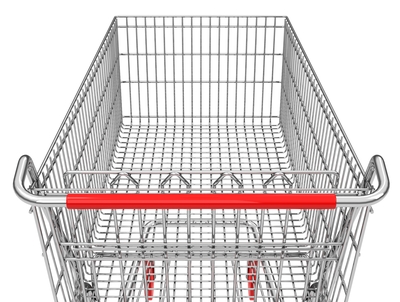Time magazine recently crowed: “We have entered a new golden age of advice.”
We beg to differ.
 Opinion-givers like Deloitte and McKinsey have prospered for years (depending on the economy), providing corporate America recommendations and hands-on work for everything from downsizing to strategy, benefits to supply chain re-jiggering.
Opinion-givers like Deloitte and McKinsey have prospered for years (depending on the economy), providing corporate America recommendations and hands-on work for everything from downsizing to strategy, benefits to supply chain re-jiggering.
Individually, and for quite some time, many of us have sought career direction and personal coping ideas from not only the famed columnists but also from live chats, videos, podcasts, and one-on-one/group conversations.
One truth remains: No matter what the reason for the help search, it’s sure difficult to figure out who’s right, who’s a bit off-kilter, and who might be in it just for glory and dollars.
That’s where the advice (and consent) factors in. Business wise, consultants are referred; references checked; and work scrutinized. Beyond those preliminaries, the guidance sometimes gets a bit, well, squirrelly. Many a company has launched a project with a brand-new Sherpa/group, finding (perhaps years later, perhaps in a few months) the relationship has gone south.
It’s happened to all of us. Yet true advisors are not a dime a dozen; they’ve got to put your interests above theirs. Here are a few good telling signs:
- After one recommendation is nixed, your consultant provides two to three other options – with factual pros and cons.
- When asked “what do you think,” your guide tells the truth (okay, it needs to be delivered with politesse).
- Secret means secret. And cone of silence.
We’ll open this to our readers. What have you encountered in the advice column?

